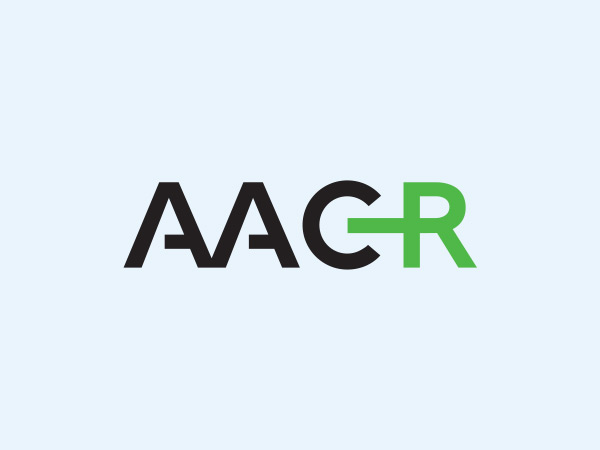With Push to Advance Cancer Research, Technology Plays Vital Role in Vice President Biden’s Cancer Initiative
President Obama’s call to cure cancer has fueled both excitement and questions among cancer researchers. Specifically, how will the initiative, led by Vice President Biden, bring us steps closer to curing all cancers? To that end, Vice President Biden assembled international experts in cancer research and treatment on Jan. 19 to discuss strategies during a special session at the World Economic Forum in Davos, Switzerland.

Vice President Biden leads a special session at the World Economic Forum in Davos, Switzerland. AACR President José Baselga, MD, PhD, and AACR Past Presidents Charles L. Sawyers, MD, and Elizabeth Blackburn, PhD, were in attendance.
Whether cures for cancer are realized through personalized medicine, cancer vaccines, immunotherapy, or a combination of these or other developments, the panelists in Davos confirmed that the technology that allows researchers to collaborate will play a leading role.
In the Winter 2015/2016 issue of Cancer Today, writer Stephen Ornes delved into the benefits and the challenges associated with big-data initiatives that work to aggregate patient data to guide treatment. Cancer Today is a quarterly magazine published by the American Association for Cancer Research (AACR).
Cancer Today’s coverage included details about AACR Project GENIE (Genomics, Evidence, Neoplasm, Information, Exchange), the data-sharing project of the AACR that was lauded in Vice President Biden’s opening remarks at the World Economic Forum. AACR Project GENIE links patients’ tumor genome data to their clinical outcomes, and is designed to ultimately allow clinicians who are deciding on a patient’s treatment regimen to look at past patient experiences and see how people with particular molecular tumor characteristics—including mutations—responded to certain treatments.
“It’s a missed opportunity if we don’t leverage all this data,” Charles L. Sawyers, MD, a past president of the AACR and chair of the AACR Project GENIE Steering Committee told Cancer Today. Sawyers, a medical oncologist and cancer researcher at Memorial Sloan Kettering Cancer Center in New York City was among the distinguished panel in Davos.
The article delves into several organizations’ efforts to bring big data to the forefront, as well as challenges and concerns about patients’ understanding of the use of their personal information.
In the article, oncologist Mia Levy, who leads the AACR Project GENIE arm at Vanderbilt-Ingram Cancer Center in Nashville, Tenn., talks about the hope associated with these projects: “I have this database full of patient data and a new patient sitting in front of me today,” she says, referring to a typical example. “Is there a way to use that information to treat this patient I’m seeing right now? That’s the broad vision, and the holy grail of treatment.”
To learn more, read Big Data: Sharing Information to Improve Care in Cancer Today, and watch this short video about AACR Project Genie:




Can the Oncology industry finally accept the notion of getting early stage cancers genomically mapped before a Stage 4 metastasis occurs? Despite the heterogeneity that exists in late stage cancers, most of the mutations from progression are “passenger” mutations that have little influence on proliferation. It’s the core mutations that existed when the cancer was born that need to be dealt with (i.e. cancer stem cell stage).
MAP THE TUMORS THAT EXIST IN EARLY STAGE CANCERS!!!